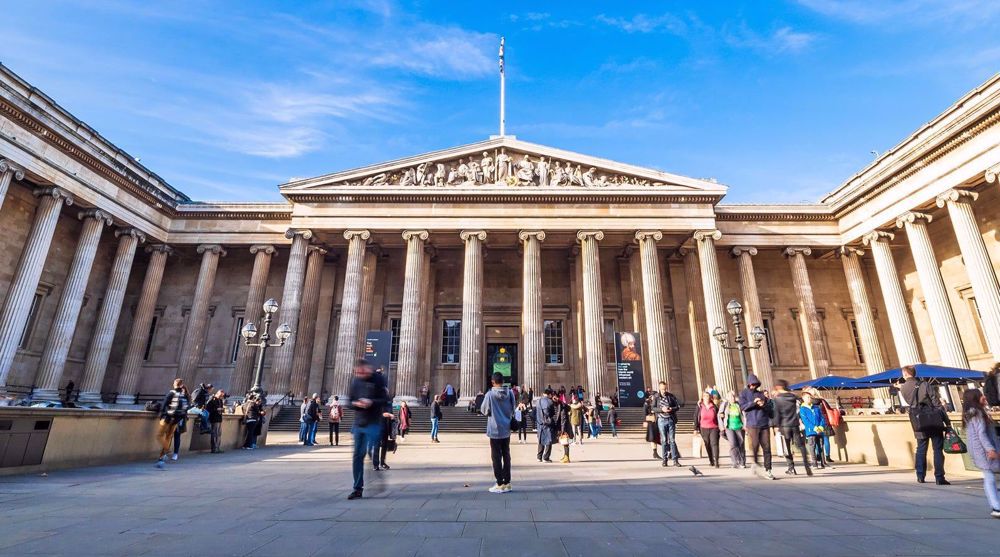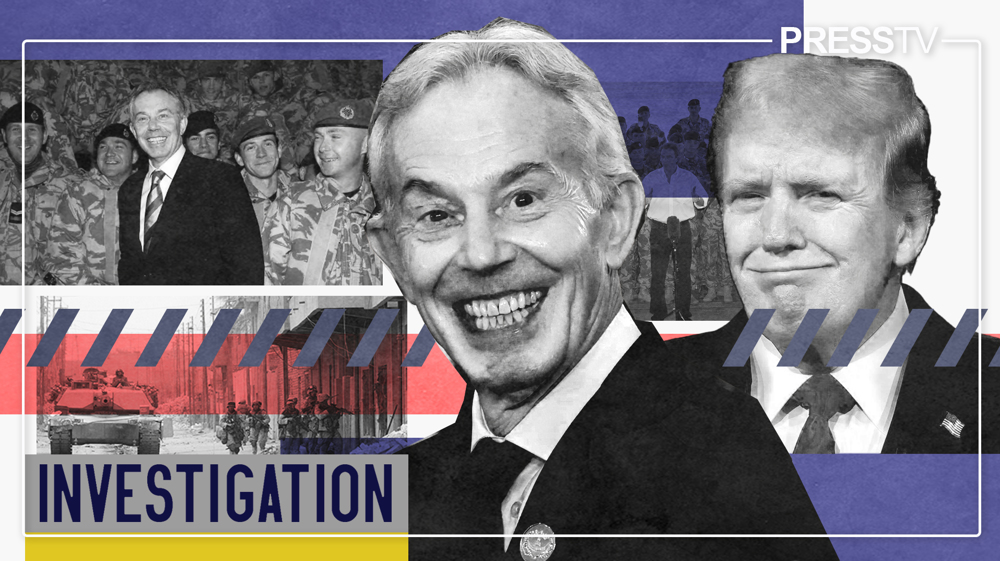UK rejects 'false' vaccine export ban claim by EU in latest post-Brexit row
The Foreign, Commonwealth and Development Office has unequivocally rejected the European Union's (EU) claims that the UK had “imposed an outright ban on the export of vaccines produced on their territory”.
Claiming that the banning policy is applied to all kinds of vaccines and components produced in the UK, European Council President, Charles Michel, protested that by contrast the EU “has simply put in place a system for controlling the export of doses produced in the EU”.
In his weekly briefing note, Mr. Michel said he felt “shocked” hearing the “accusations of vaccine nationalism against the EU,” as the EU has “never stopped exporting.”
Meanwhile, UK Foreign Secretary, Dominic Raab, described the claims as "completely false” and wrote in response to Mr. Michel that he should "set the record straight", saying the “false claim has been repeated at various levels within the EU and the [European] Commission”.
Raab added that “the UK government has not blocked the export of a single Covid-19 vaccine or vaccine components”.
In a further reaction by the government, the EU's deputy ambassador to the UK, Nicole Mannion, was summoned to the Foreign Office for "discussions".
For his part, Mr. Michel tweeted that he hopes the UK government's "reaction" (in denying the EU accusation) will lead to more "transparency".
Glad if the UK reaction leads to more transparency & increased exports, to EU and third countries.
— Charles Michel (@eucopresident) March 9, 2021
Different ways of imposing bans or restrictions on vaccines/medicines.
EU is providing vaccines for its citizens and rest of the world.
No one is safe until everyone is safe.
The EU's accusations come on the heels of increasing difficulties experienced by member states in the manufacturing and importation of Covid-19 vaccines.
While more than 22 million people in the UK have received their first dose of vaccination, the EU is still facing production problems with the Pfizer-BioNTech, Moderna and Oxford-AstraZeneca vaccines.
Israeli sniper in Chile could face criminal case over war crimes in Gaza
VIDEO | Iran diplomacy from strength
Young Iranian robotics specialists shine at IWISE Global Final 2026
Bangladesh poll result reflects public rejection of governance failures, not party loyalties: Analys
VIDEO | Iran holds 40th day memorial service for victims of US-orchestrated coup
Back to SAVAK days: Pahlavi monarchist violence surges against diaspora opponents
Russia threatens to deploy navy to protect vessels from ‘Western piracy’
Iranian Navy chief: Extra-regional fleets in West Asia 'unjustified'










 This makes it easy to access the Press TV website
This makes it easy to access the Press TV website